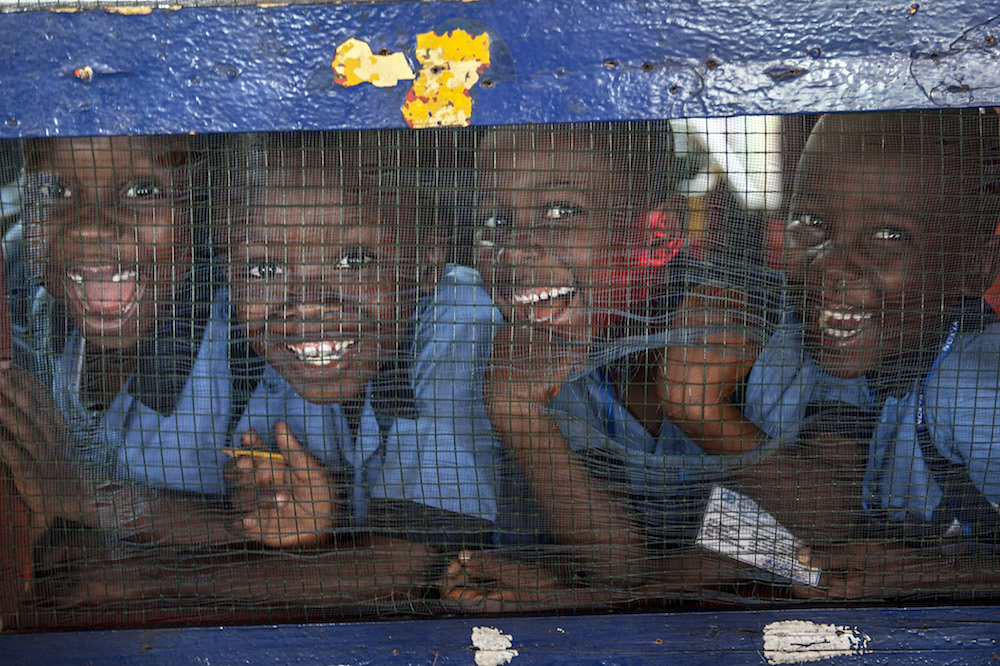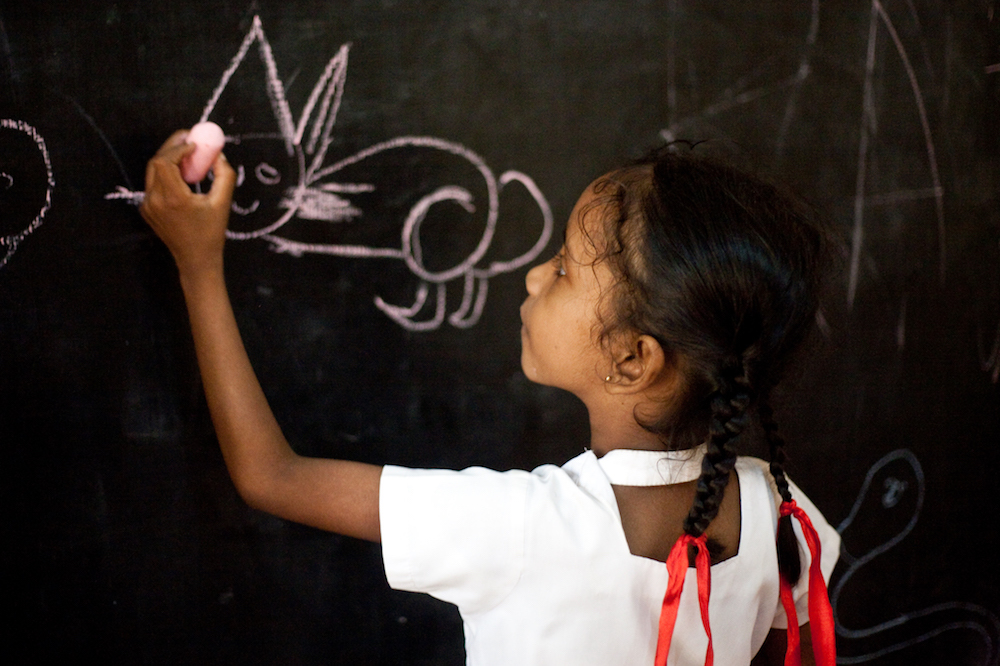
More countries are spreading the word about early childhood development
Childcare, Early childhood development
Liberia and Sri Lanka are just two examples of how nations are concentrating their efforts on helping children under five get the best start in life.
More countries are realising the importance of giving children the best start in life by investing in early childhood development.
Liberia and Sri Lanka may be thousands of miles apart and on different continents – but they are examples of the growing number of nations that are moving early years care and education up the agenda.
Liberia has been spreading the word through an early childhood development (ECD) campaign aimed at parents, teachers and policymakers.
In Sri Lanka, proposals have been put forward to make early years care a priority in the 2019 national budget.
“They have the power to transform the lives of children and drive Sri Lanka’s economic growth,” said Tim Sutton, the country’s UNICEF Representative.
Theirworld has been campaigning for countries to invest more in ECD – particularly in pre-primary education. By the time a child is five years old, their brain is 90% developed and the foundations for success at school and in later life will be in place.
The brighter the young people, the brighter the future for their country.
But a Theirworld report last year warned that a severe lack of investment in early years education is putting millions of children at a disadvantage before they even start school.
85% of children in low-income countries do not have access to pre-primary education and more than 200 million children under the age of five are at risk of failing to reach their potential
Liberia’s ECD campaign is run by the ministry of education. It echoes the government’s mandate and commitment to achieve the Sustainable Development Goal that all children will have a quality education by 2030.
It emphasises the moral obligation of every adult and the government to ensure every child is “healthy, strong, smart, happy, safe and protected”.

Education officials, in collaboration with UNICEF, held a week-long workshop on ECD for primary school teachers.
Funds from the Global Partnership for Education’s grant to Liberia have been earmarked to expand access to pre-primary education by building school facilities and providing materials.
Education ministry ECD specialist Emmanuel Boone Waydon said the campaign spread information about the importance of ECD in Liberia and hoped to create a demand for services across the country.
The ministry wants more parents, teachers, community leaders and policymakers to become more pro-active and help to improve the conditions of Liberia’s youngest children.
Waydon said Liberia had developed one of the best early years systems in the world, but admitted budget restraints are “still a challenge”.
He added: “While it is true government is responsible to provide basic social services for the people, the people themselves in return must be responsible.”

In Sri Lanka, proposals for more money to be ploughed into health, nutrition, protection and early childhood education were put to the country’s finance minister Mangala Samaraweera for consideration in the 2019 budget during a recent national ECD week.
UNICEF’s Tim Sutton said: “After years of progress in reducing poverty, promoting reconciliation and improving the lives of children, Sri Lanka now has a unique opportunity to build a peaceful future and a prosperous society.
“I believe that to deliver on this potential, Sri Lanka must invest in its children and find ever-more innovative ways to support its most vulnerable young people.
“Evidence shows that this investment is one of the most cost-effective ways to build this country’s human capital.”
The proposals come after UNICEF, together with Sri Lanka’s Parliamentary Caucus for Children, organised a parliamentary forum on ECD last year.
Theirworld’s work on early childhood development is supported by the Conrad N. Hilton Foundation.

More news

MyBestStart programme gives young girls the education they deserve
